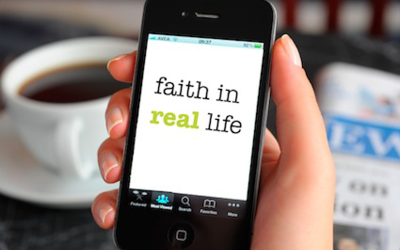Matthew 25: 37-45
‘Lord, when was it that we saw you hungry and gave you food, or thirsty and gave you something to drink? 38 And when was it that we saw you a stranger and welcomed you, or naked and gave you clothing? 39 And when was it that we saw you sick or in prison and visited you?’ 40 And the king will answer them, ‘Truly I tell you, just as you did it to one of the least of these who are members of my family, you did it to me.’ 41 Then he will say to those at his left hand, ‘You that are accursed, depart from me into the eternal fire prepared for the devil and his angels; 42 for I was hungry and you gave me no food, I was thirsty and you gave me nothing to drink, 43 I was a stranger and you did not welcome me, naked and you did not give me clothing, sick and in prison and you did not visit me.’ 44 Then they also will answer, ‘Lord, when was it that we saw you hungry or thirsty or a stranger or naked or sick or in prison, and did not take care of you?’ 45 Then he will answer them, ‘Truly I tell you, just as you did not do it to one of the least of these, you did not do it to me.’
Discussing racism is a difficult conversation but it is a conversation we must have if we are to actually address the issue. I don’t know anyone who wants to be thought of as a racist. Such a label does not match how we think of ourselves. We certainly do want to offend. We want credit for good intentions and for good deeds. In this blog I want to examine two of the main impediments to discussion—first, the issues around the difficulty we have in actually walking in someone else’s shoes and second the defensiveness that arises out of being seen in a light that we do not like.
Problems of Perspective
We all view the world through our own eyes and our own experiences and it is hard to know what we don’t know. It is hard to see what we don’t see. A fish doesn’t know it is in the water because that is all it knows. It requires considerable effort (and humility) to imagine points of view outside of our own experience. When my trainer at the gym told me he never drove unless his wallet was on the console so if he was stopped by the police, he could reach it with his hands visible, my first reaction was that he was overreacting. I don’t have that experience and it was hard to realize his need for caution. And in truth, I don’t want to imagine a world that is so much more dangerous than the one I live in.
I was using my lens to see his world. Many times we are completely unaware that we are using a lens because that is what we have always known. If you are born color blind, how can you know that there are colors? Even if others talk about colors, colors are outside of a color blind person’s experience. In real life, we may realize what people are talking about only after we run a red light that we could not see. Color blindness can lead to some nasty collisions—especially if we never recognize that it is our limitations that prevent us from seeing. We don’t realize what we are saying when we say, ‘You don’t sound like a black person’; or ‘How do you know these ‘white girl’ songs?
Our faith revolves around ‘God with us’. Jesus routinely saw people that did not fit into the rabbinical definitions of acceptability. In the dominant culture of his day, there was no question that women were second class citizens, that the sick were unclean and were in their predicaments because of some unknown sinfulness and that sinners should be excluded. But Jesus consistently recognized the marginalized—the people that did not fit in. And he was killed for it. We have a long history of explicit and implicit prejudices. It is easy to disavow the obvious ones. None of us have owned another human being. It is much harder to catch the subtle ones.



